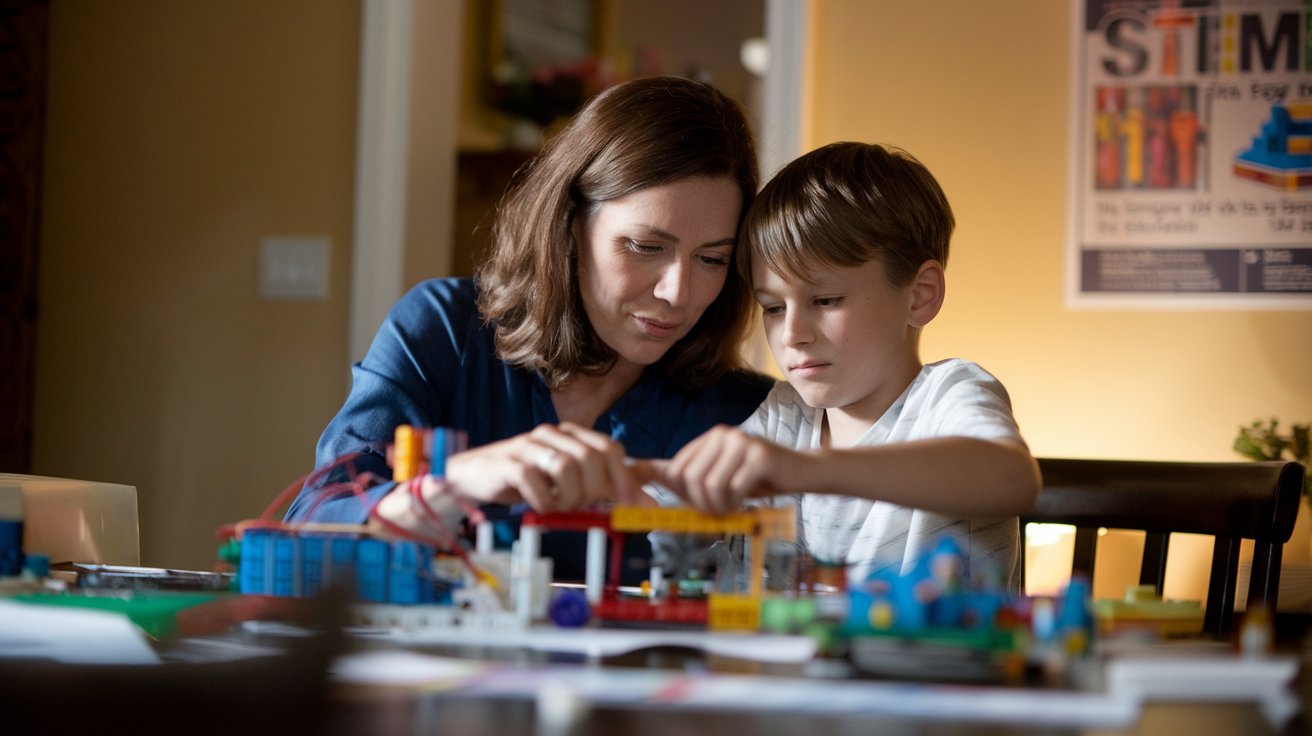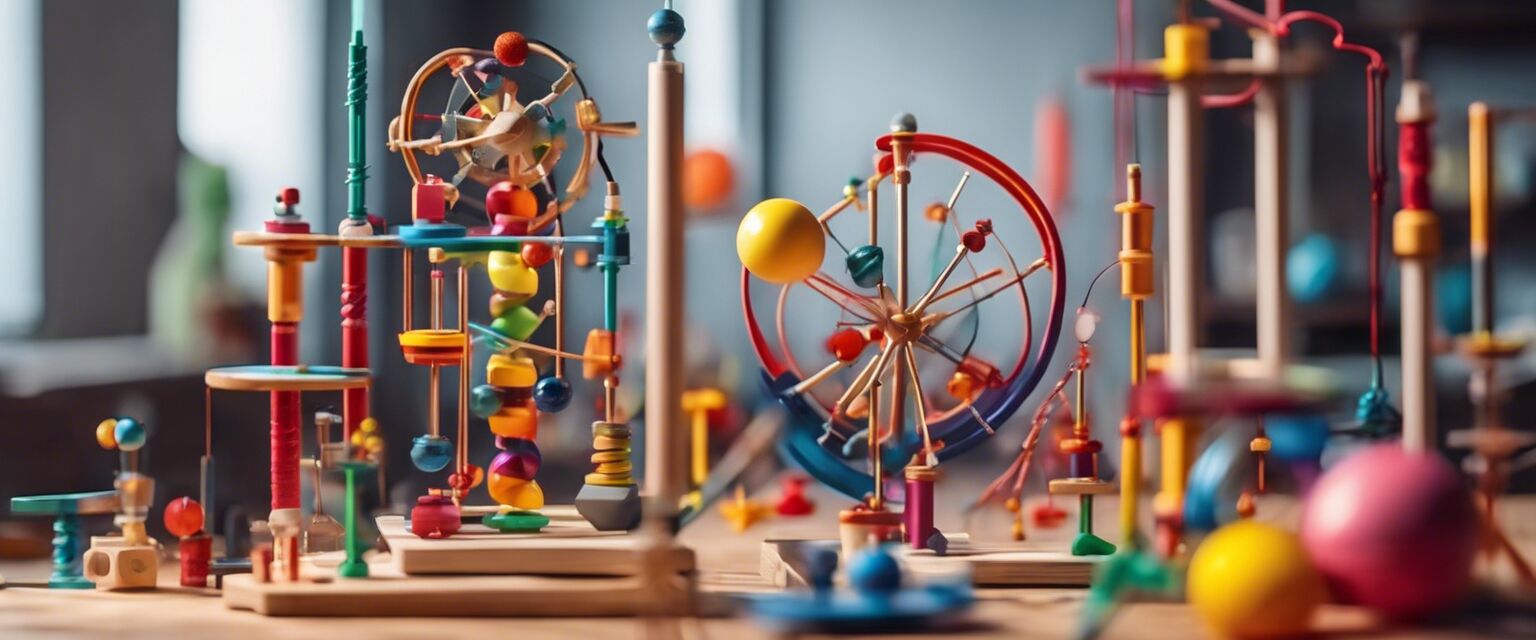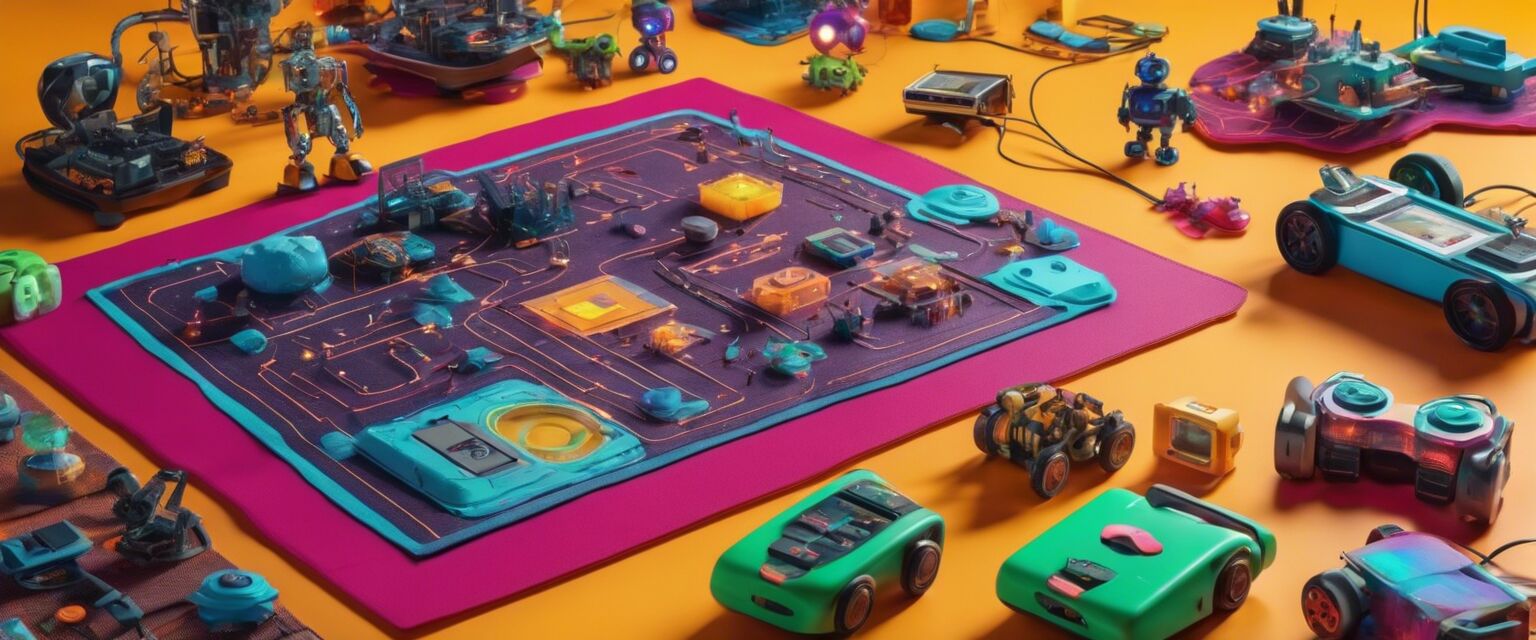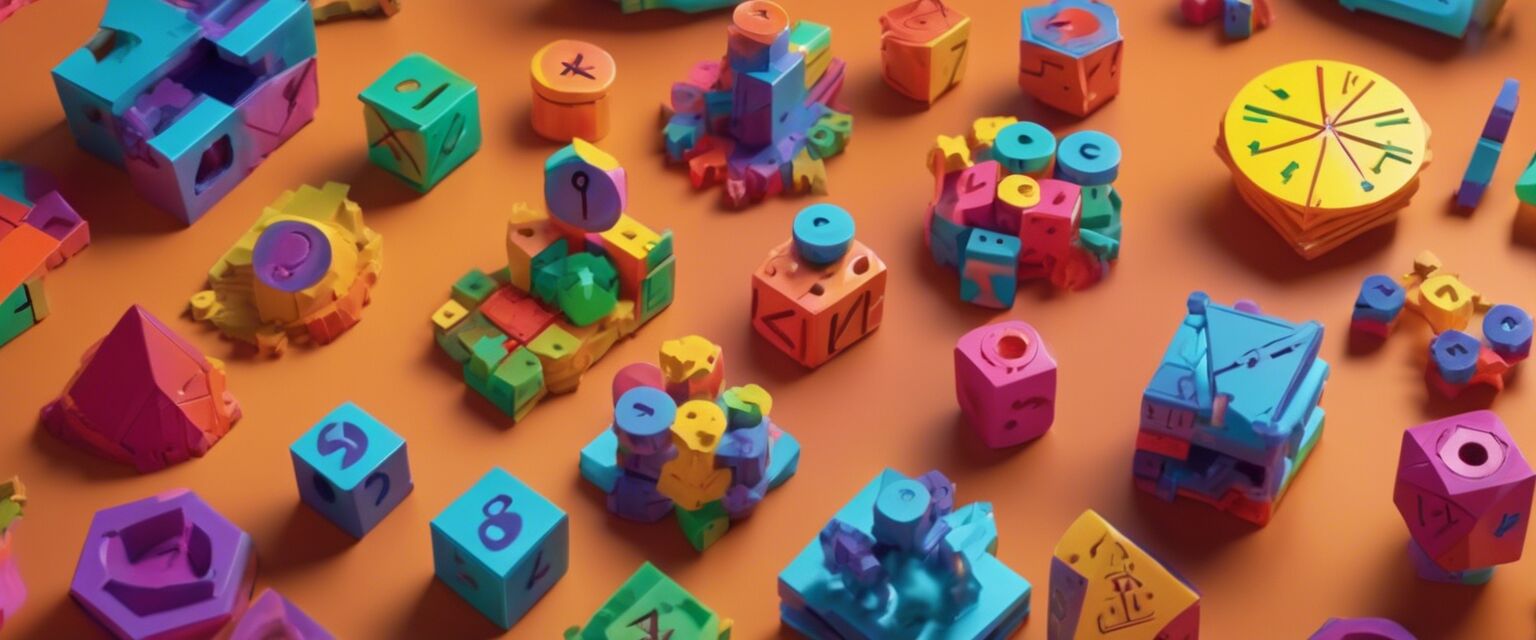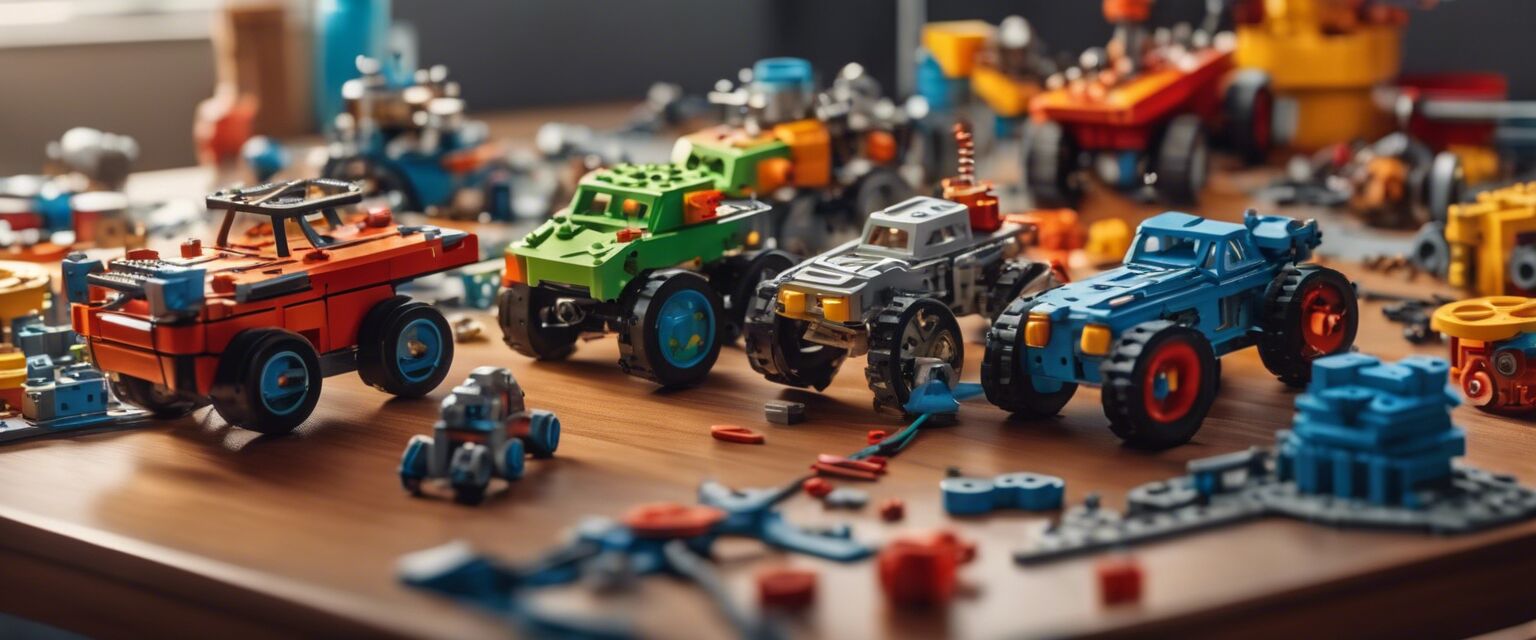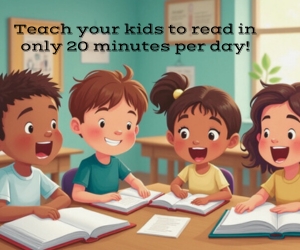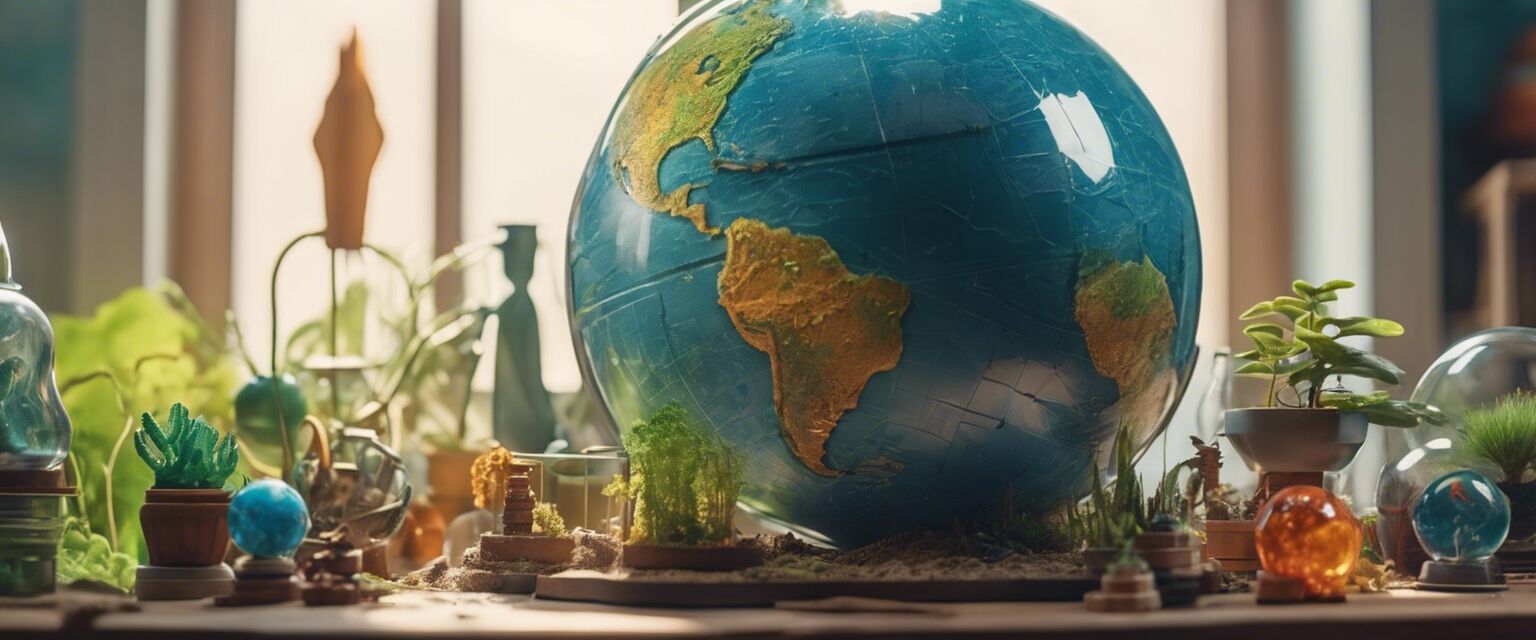
Environmental Science Toys: Engaging Young Minds for a Sustainable Future
Key Takeaways
- Environmental science toys promote awareness about ecology and sustainability.
- These toys encourage hands-on learning and exploration of nature.
- Engaging children with environmental concepts can foster a lifelong love for the planet.
- Many toys are designed to be eco-friendly and sustainable themselves.
As the world becomes more aware of environmental issues, it is crucial to educate the younger generation about sustainability and ecology. Environmental science toys are an excellent way to introduce children to these concepts while keeping them entertained and engaged. In this comprehensive guide, weâll explore the best types of environmental science toys, their benefits, and how they can help cultivate environmentally conscious individuals.
What Are Environmental Science Toys?
Environmental science toys are educational tools designed to teach children about natural science, ecology, and the importance of caring for our planet. They range from simple kits that allow kids to grow their own plants to complex building sets that encourage understanding of ecosystems.
Types of Environmental Science Toys
| Type of Toy | Description | Age Group |
|---|---|---|
| Gardening Kits | Teach kids how to grow plants and understand the importance of biodiversity. | 5+ |
| Solar-Powered Toys | Introduce renewable energy concepts through fun and interactive play. | 8+ |
| Nature Exploration Kits | Encourage outdoor exploration and learning about ecosystems. | 6+ |
| Recycling Games | Teach children about waste management and recycling in a fun way. | 5+ |
| Building Sets | Promote engineering skills while focusing on eco-friendly structures. | 7+ |
Benefits of Environmental Science Toys
These toys not only entertain but also provide significant educational benefits:
- Hands-On Learning: Children learn best through play. Environmental science toys offer hands-on experiences that make learning enjoyable.
- Critical Thinking: Many toys encourage problem-solving and critical thinking skills as children navigate complex concepts.
- Awareness: They foster an awareness of environmental issues, teaching children to value and protect nature.
- Creativity: Many eco-friendly toys promote creativity, allowing children to design and build their own projects.
Popular Categories of Environmental Science Toys
Here are some popular categories of environmental science toys that parents can consider:
- Science Experiment Kits
- Art & Creativity Kits with STEM Focus
- Technology Gadgets
- Engineering Building Sets
- Scientific Books and Learning Tools

How to Choose the Right Environmental Science Toy
When selecting an environmental science toy, consider the following factors:
- Age Appropriateness: Ensure the toy is suitable for your childâs age group.
- Educational Value: Look for toys that provide a learning experience, not just entertainment.
- Sustainability: Choose products made from eco-friendly materials.
- Reviews: Read reviews from other parents to gauge the effectiveness and enjoyment of the toy.
Eco-Friendly Practices in Toy Manufacturing
Many brands are now adopting eco-friendly practices in their manufacturing processes. Here are some sustainable practices to look for:
- Use of recycled materials
- Non-toxic and biodegradable components
- Sustainable sourcing of raw materials
- Minimal packaging
Tips for Parents
- Engage with your child while playing with the toys to enhance learning.
- Supplement toy play with discussions about the environment and sustainability.
- Encourage outdoor exploration and activities that relate to the concepts learned through the toys.
- Visit local parks or nature reserves to connect real-life experiences with learned concepts.
Conclusion
Environmental science toys are a vital resource for nurturing an understanding of our planet among young learners. By choosing the right toys, parents can help cultivate a generation that values sustainability and environmental stewardship. Explore our other categories like Science Experiment Kits and Engineering Building Sets to discover more about engaging learning tools.

Pros
- Encourages outdoor play and exploration.
- Fosters critical thinking and problem-solving skills.
- Promotes environmental awareness from a young age.
- Supports creativity and imaginative play.
Cons
- Some toys may require adult supervision.
- Eco-friendly toys can sometimes be more expensive.
- Not all toys are age-appropriate for every child.
